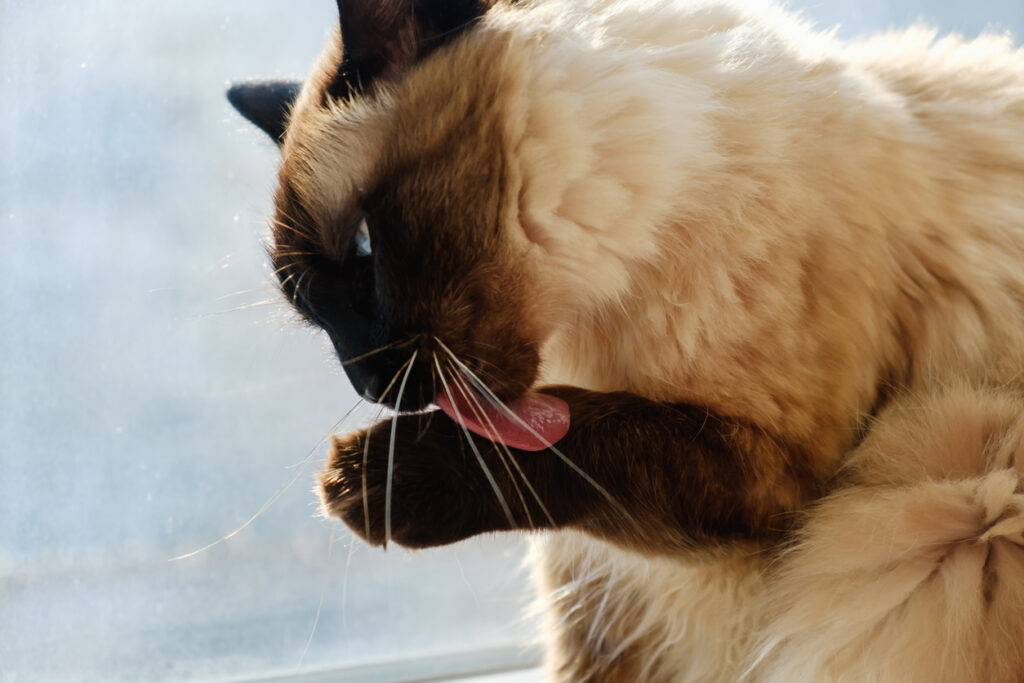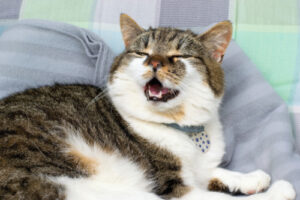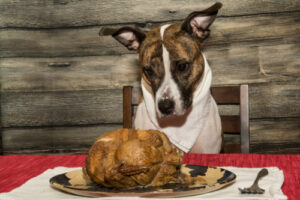Welcome to Best Friends Animal Hospital’s informative blog, dedicated to our beloved pet owners in Manchester, NH. Today, we’re diving deep into a topic that might raise a few eyebrows: cat drooling. While it’s not uncommon for dogs to slobber, cat drooling can be a cause for concern or simply a quirk of your feline friend’s personality. In this comprehensive guide, we’ll explore the various causes of cat drooling, when it’s a concern, and what you need to know to keep your kitty happy and healthy. If you have any questions or need to schedule an appointment, please call us at (603) 625-2378.
Understanding Normal vs. Excessive Drooling
Before discussing the causes and concerns surrounding cat drooling, it’s essential to distinguish between normal drooling and excessive drooling. Cats can drool for various reasons, including:
- Contentment: Some cats may drool when they’re in a state of pure bliss, such as being petted or kneading your lap.
- Temperature Regulation: In hot weather, cats might drool a bit as a way to cool down.
- Nausea: Cats can drool when they feel nauseous or have an upset stomach.
- Dental Health: Dental issues, like gum inflammation or tooth problems, can lead to drooling.
- Grooming: Cats are meticulous groomers, and occasionally, they may ingest a bit of their own saliva during the process.
Potential Causes of Excessive Drooling
While some drooling is normal, excessive drooling can be a red flag. Here are some potential causes to be aware of:
- Oral Health Problems: Dental disease, ulcers, or infections in the mouth can cause excessive drooling. Your cat might also have a foreign object stuck in their mouth.
- Toxic Substances: Ingesting toxic plants, chemicals, or certain medications can lead to drooling. If you suspect your cat has consumed something harmful, contact us immediately at (603) 625-2378.
- Gastrointestinal Issues: Digestive problems or issues with the esophagus can lead to drooling, especially if your cat is having trouble swallowing.
- Respiratory Infections: Respiratory illnesses can result in nasal discharge, which may be mistaken for drool.
Seeking Veterinary Advice
If you notice persistent or excessive drooling in your cat, it’s crucial to seek veterinary care promptly. A thorough examination by our experienced veterinarians at Best Friends Animal Hospital can help pinpoint the underlying cause and determine the best course of action.
Common Treatments and Management
The treatment for cat drooling depends on the underlying cause. Some common approaches include:
- Dental Care: If dental issues are the culprit, a dental cleaning or extractions may be necessary.
- Medications: In cases of infection or illness, your veterinarian may prescribe antibiotics or other medications.
- Dietary Changes: Switching to a specialized diet can sometimes alleviate drooling caused by gastrointestinal problems.
- Environmental Management: Removing potential toxins from your cat’s environment and ensuring they can’t access harmful substances is crucial.
Cat drooling can be a normal behavior or a sign of an underlying issue. Understanding the difference between the two and knowing when to seek professional help is essential for your feline friend’s well-being. If you have concerns about your cat’s drooling, don’t hesitate to contact Best Friends Animal Hospital at (603) 625-2378 for expert advice and to schedule an appointment.




